Auto logout in seconds.
Continue LogoutEscape the summer heat with one of these suggestions from Advisory Board's experts. They offer 11 recommendations on what you should read now to learn from the past, cultivate empathy, and understand the technologies of the future.
Advances in Technology
Weapons of Math Destruction by Cathy O'Neil
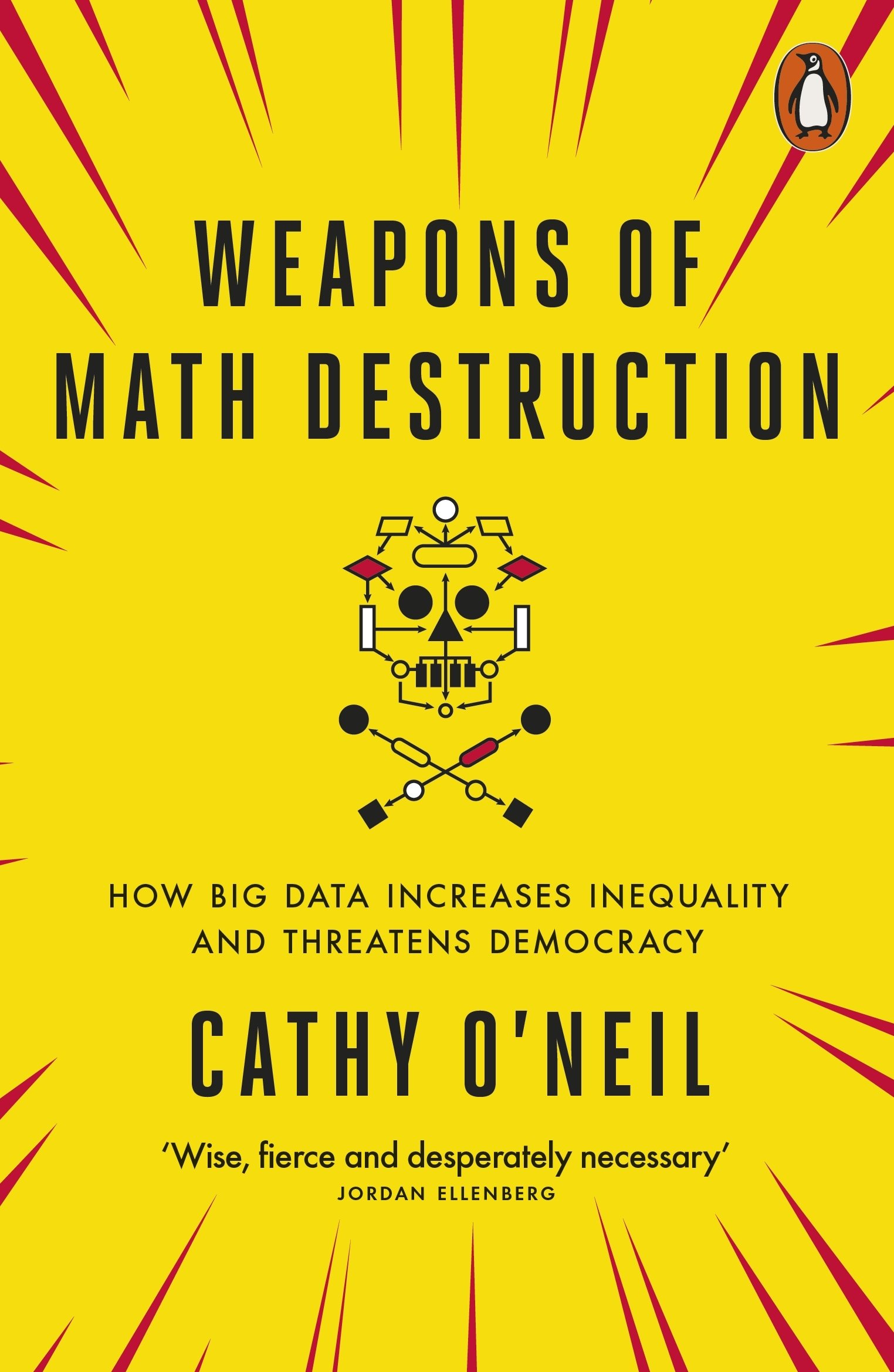
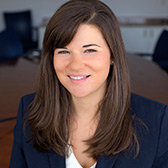
Natalie Trebes, Consultant, Health Plan Advisory Council
Don't let the mention of math in this title of this scare you—because it's what inside this book that is actually frightening.
O'Neil, who introduces herself as a reformed hedge fund data scientist, offers an accessible review of the many cases where emerging statistical models have adverse, reinforcing effects on disadvantaged populations. For instance, marketing driven by credit scores can increase targeting of predatory loans to lower-income communities. Community and demographic recidivism predictions can advise judges to give harsher sentences than appropriate for an individual. Targeting police resources based on past crimes can increase detection of minor crimes—driving further police presence.
While O'Neil doesn't shy from pushing her own opinions, she also offers some useful guidance on sizing up the fairness of data-driven models in any sector: Who decided what data to use and exclude—and why? Does everyone have transparency into how the model operates and all its results? Are the data inputs reasonable for inflecting the outcome—or merely correlative predictions? She offers the baseball management as a positive contrast—players know what goes into their performance scores, know how they're performing, and know that the outcome is a direct result of their actions.
Don't let all the examples dismay you—but don't dismiss her points, either. As we run faster toward applying AI, blockchain, predictive analytics, and every other big data buzzword to health care, we’d be wise to keep these cautionary anecdotes in mind.
The Inevitable by Kevin Kelly
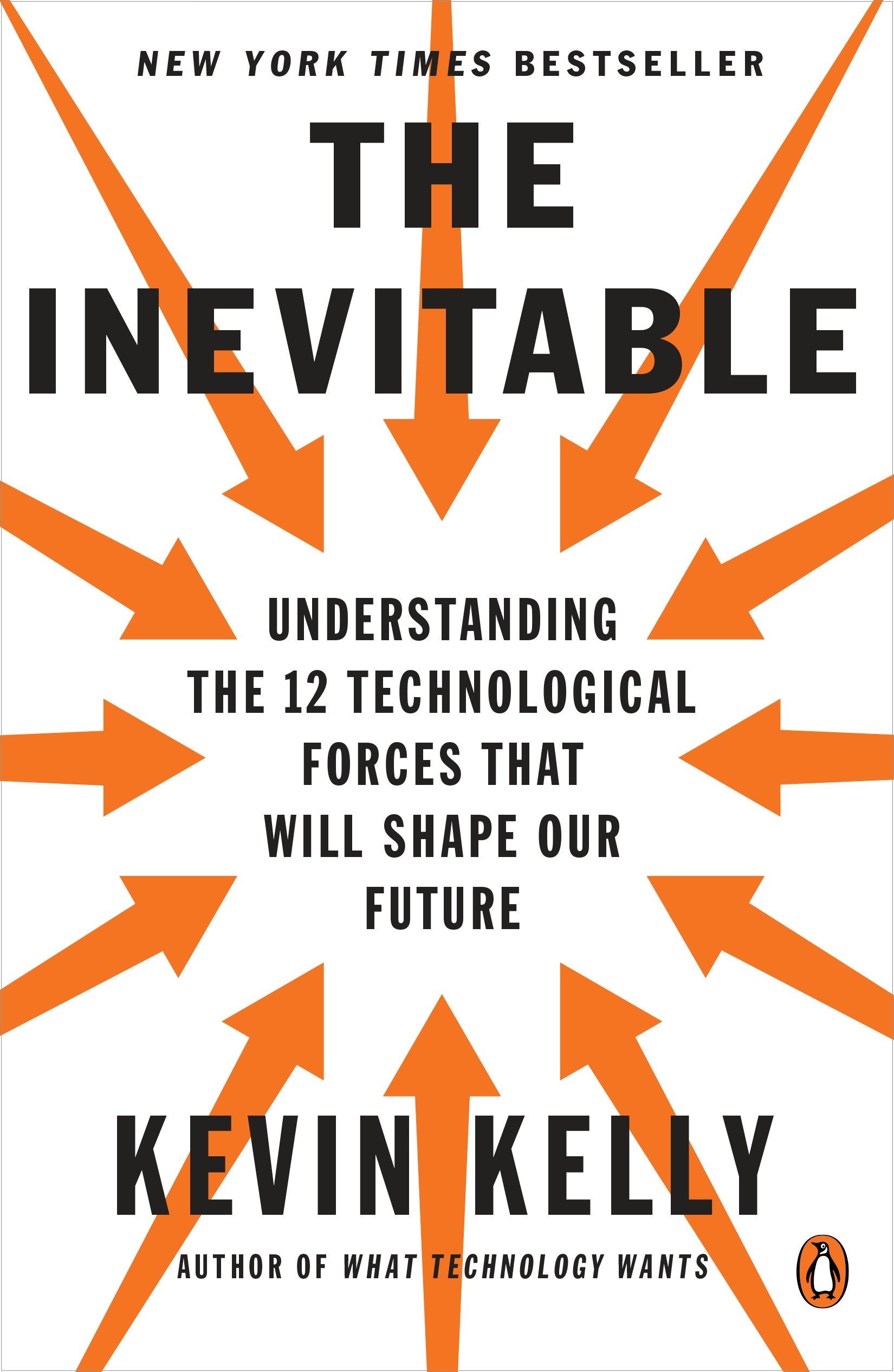
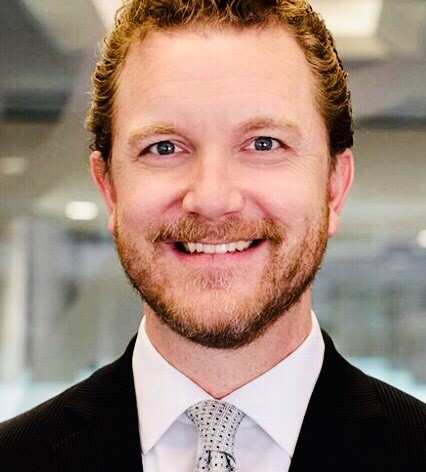
Matt Cornner, Managing Director, Talent Development
As the world around us evolves, transforms and becomes more complex, leaders must elevate their quality of awareness in order to better anticipate opportunities to advance organizational vision as well as identify threats which may stand in the way. Kevin Kelly in The Inevitable: Understanding the 12 Technological Forces That Will Shape Our Future provides a cogent frame through which to view this emerging future. The forces illuminated by Kelly serve as invaluable context for the change and transformation the health care industry is experiencing today.
One of the forces Kelly describes is "Cognifying" in which he describes the degree to which practically everything we touch will be animated by artificial intelligence (AI), the same way practically everything we touched was animated by electricity 150 years ago. With respect to the role of AI in health care, specifically, Kelly quotes Alan Greene, chief medical officer of Scanadu, a startup that is building a diagnostic device inspired by the Star Trek medical tricorder and powered by a medical AI. "At the rate AI technology is improving, a kid born today will rarely need to see a doctor to get a diagnosis by the time they are an adult," says Greene (p.31).
The world around us is changing in ways we can hardly comprehend. Health care leaders must be able to draw a line of sight between these forces and the ways our industry must change in order to thrive in the emerging future.
Introduction to Machine Learning with Python by Andreas C. Müller and Sarah Guido
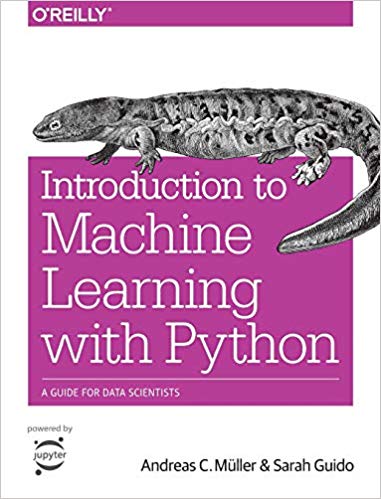
Thomas Seay, Editor-in-Chief, Daily Briefing
A confession: I've long felt confused, and perhaps even annoyed, by the phrase "machine learning." Like, what does it mean for a machine to "learn"? Under what conditions does it happen, and with what limitations? I recently got intrigued enough by these questions (and frustrated enough by the unsatisfying answers in the popular press) to enroll in a six-month data science program. Across those months, the best explanation I found of machine learning—by far—came from Andreas C. Müller and Sarah Guido's Introduction to Machine Learning with Python.
Yes, there's some Python code here, and if you're unfamiliar with any programming language, it might be impenetrable. But if you've ever taken a computer science class, you can get the gist. To me, the magical sections—the ones that finally made me understand machine learning—were chapters 2 and 3, which explain with refreshing clarity exactly how the major algorithm classes work. K-nearest neighbors? Random forests? Neural networks? They're all here, along with simple, visual examples that make clear their methods and limitations.
Of course, this book alone won't turn a novice programmer into a competent machine learning practitioner. But it will help even a non-expert speak intelligently about machine learning's capabilities, and it will explain why so many algorithms hide their assumptions inside the proverbial "black box" (and how you can, sometimes, crack open that box's lid). For me, it was the most intellectually exciting book I've read in years.
Memoir
Born a Crime by Trevor Noah
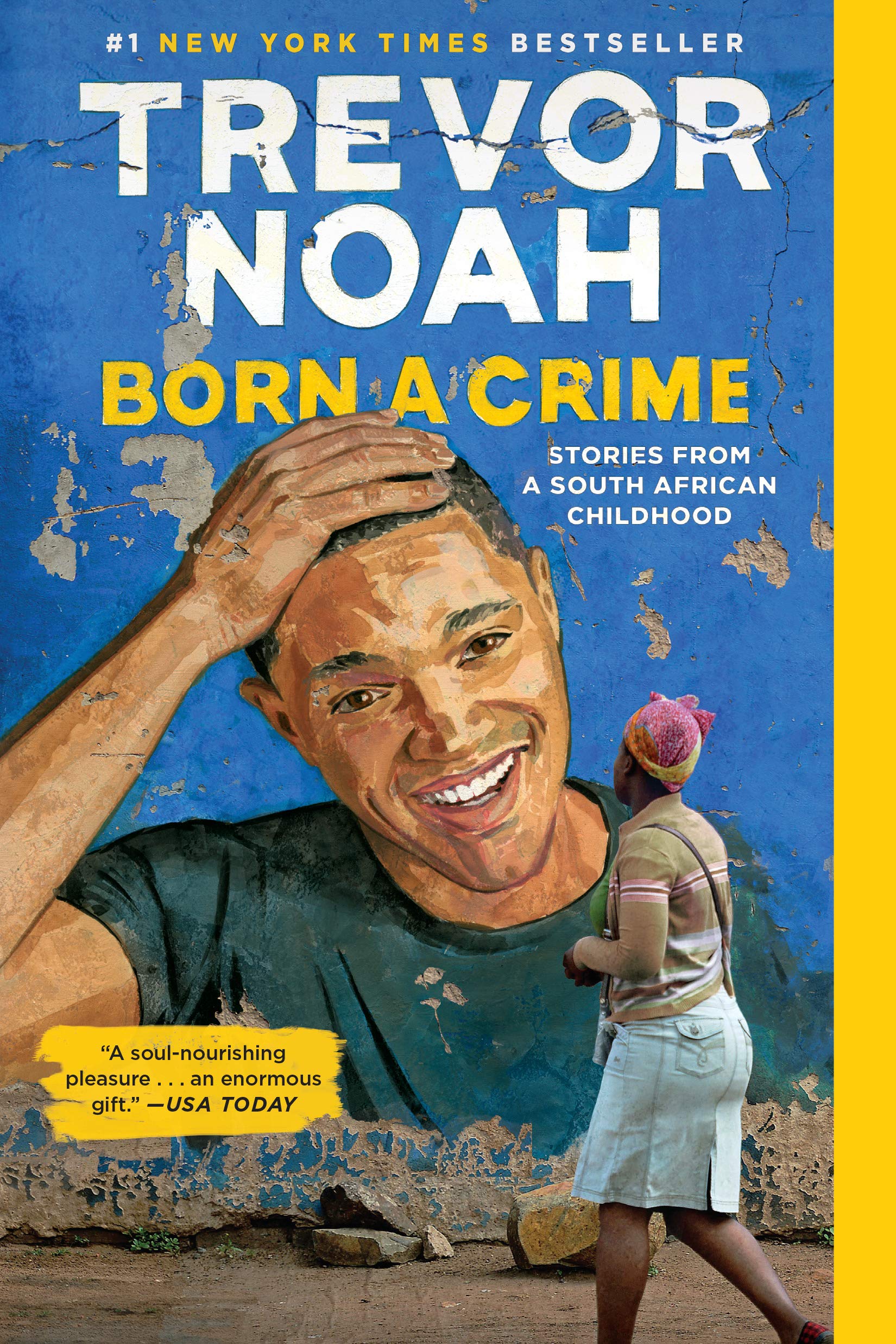
Amanda Berra, Senior Partner, Research
If you somehow missed this book when it came out in 2016, count yourself lucky: You can read it now for the first time. Born a Crime is Trevor Noah's story of how he grew up in post-Apartheid South Africa, which he relates by way a series of episodes in his family life. The stories in this short, riveting book are hilarious, appalling, and uplifting (not even by turns—each anecdote has all those elements mixed together). You'll find yourself chortling at some parts, while tearing up at others. I don't want to write anything about the content of the book because I just can't do it justice, you should let Trevor Noah tell you.
Bottom line: If you are looking for something great to read, and you haven't read this yet—don't hesitate. Just go for it.
The Princess Diarist by Carrie Fisher
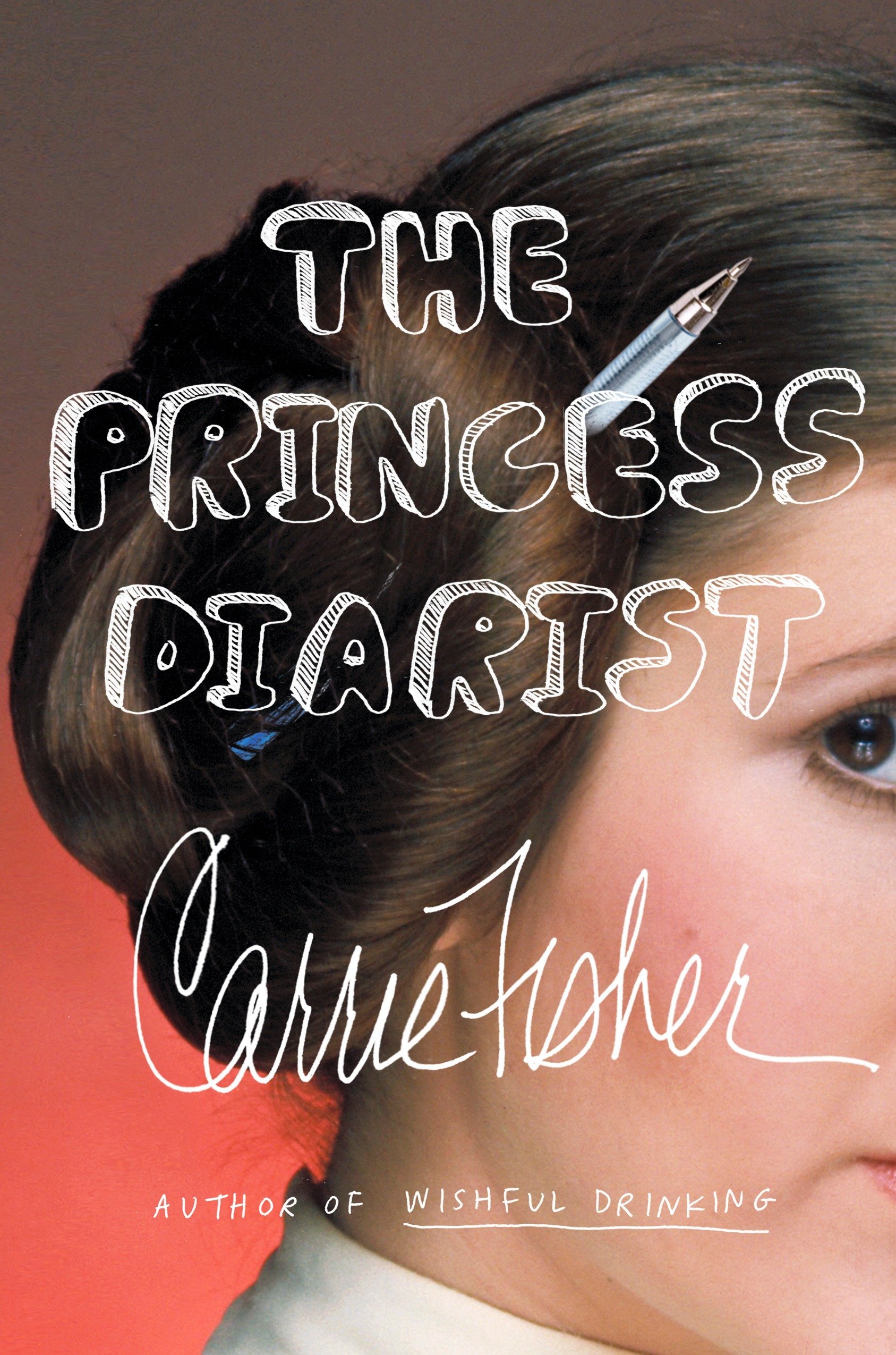
Allison Cuff Shimooka, Executive Director, Research
I hadn't planned on reading this book, but I saw it in the library and just couldn't help myself. I'm so glad I did. Carrie Fisher was a fantastic writer—in fact, she was frequently called upon to "doctor" scripts in dire need of assistance (including The Wedding Singer and Mr. And Mrs. Smith…). And she's even better when writing about herself. This particular book includes recently found excerpts from her journals from when she was 19 and filming Star Wars, and heavily supplemented with her thoughts looking back on that time. Her journal entries are quite touching and incredibly well written (I wish I could write like that when I was 19!). And the commentary provided by her "older and wiser" self will have you laughing out loud. It's a perfect summer read, particularly if you're a Star Wars fan.
Skill Building
The War for Kindness: Building Empathy in a Fractured World by Jamil Zaki
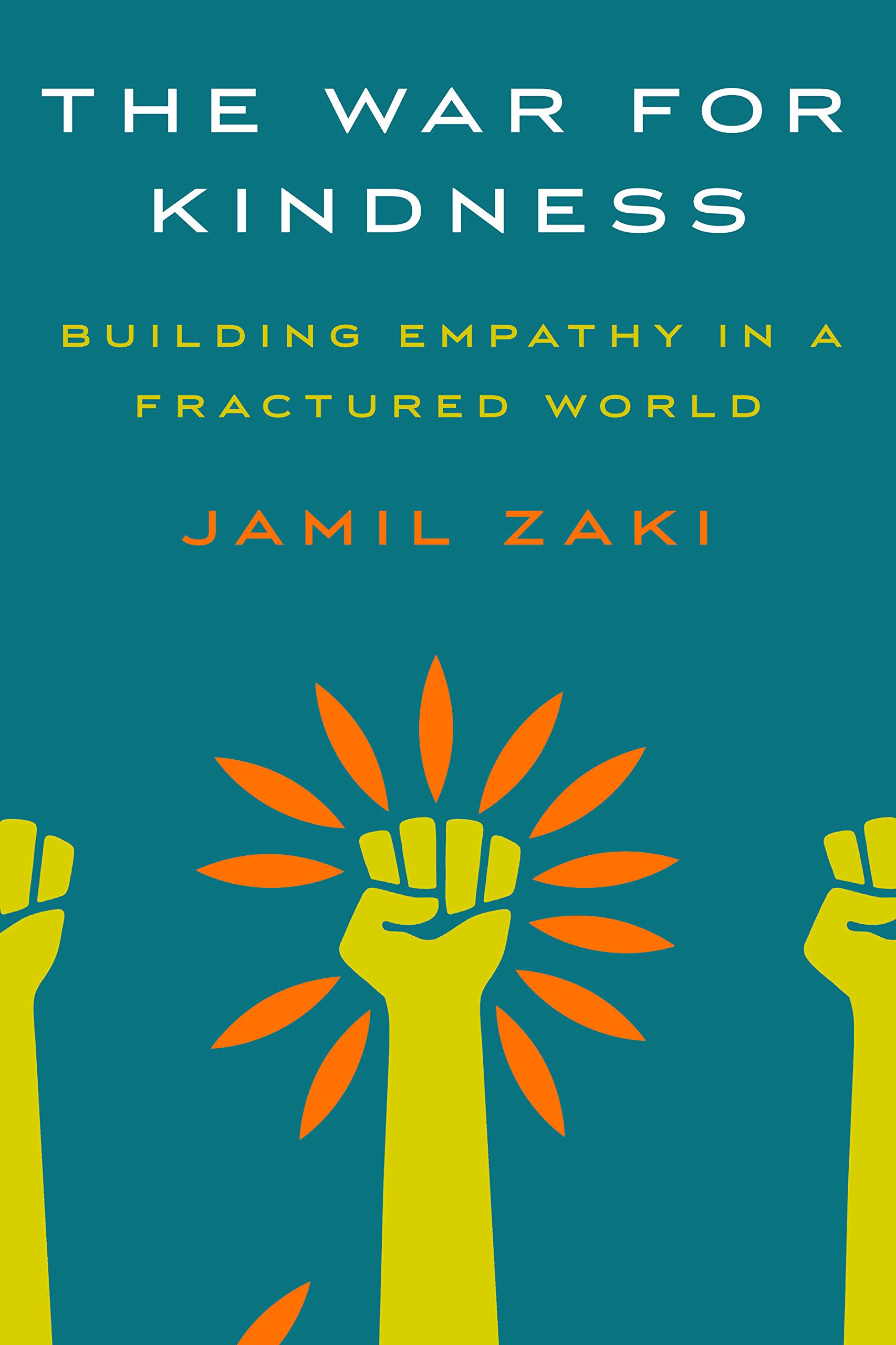
Craig Pirner, Managing Director, Talent Development
"If you wanted to design a system to break empathy, you could scarcely do better than the society we've created," contends Jamil Zaki, a professor of psychology and director of the Stanford Social Neuroscience Laboratory, in his new book. While he's mainly referencing political tribalism, isolating technology, and callousness in public discourse, he believes elements of health care exacerbate the problem. "There's a dangerous cycle of empathy, exhaustion, and callousness in medicine, and it's accelerating," claims Zaki in a chapter about health care professionals.
A combination of political and professional interests drew me to Zaki’s book. I often speak with Advisory Board members aiming to address rampant stress and burnout. Indeed many health care organizations are aiming to build compassionate cultures—ones in which empathy is abundant for patients and staff.
It's for them (and really all others) that I so highly recommend Zaki's scientific, yet easily readable book. He is convincing and comprehensive in his argument that empathy is a skill, not a fixed trait. If empathy is a skill, then it's one we can enhance through effort. Building on this, he offers pathways to deepening empathy, at both the personal and communal level. I was particularly inspired by his several research-based examples of how and where empathy has been expanded, through means both old-fashioned and thoroughly modern. And a captivating chapter on health care offers industry-specific insights and ideas that acknowledges the specific challenges (including "compassion fatigue") of building empathy in health care environments.
The book is more than a research collection, however. It's a call to action: Will we accept the challenging of building kinder selves, organizations and communities? After reading it, I suspect you'll be left pondering that question as I was.
Range by David Epstein

Russell Davis, Executive Director, Research
Start early. Specialize relentlessly. Put in your "10,000 hours." That's the recipe for skill development, right? Maybe not, according to the evidence. Tiger Woods began golfing as a toddler and never touched another sport. But Roger Federer played every sport under the sun until well into his teens.
Epstein shows the sort of early and extreme specialization—like we see in health care—can lead to excellence in rules-based environments with strong feedback loops. Think chess, or golf, of firefighting. But in endeavors involving human behavior where patterns do not repeat, "repetition does not cause learning." The result is a lack of original thinking and problem solving capability. My favorite quote: "The jazz musician is a creative artist, the classical musician is a re-creative artist."
Epstein highlights stories of breakthroughs coming from outsiders who can apply analogous lessons that deep specialists can't see. His stories of people who "drifted" professionally only to find success later in the journey will inspire you to celebrate your past experience—no matter how "irrelevant"—and say yes to every opportunity. As he says, "We learn who we are only by living, and not before." This one makes you want to live a little more.
Learning from the Past
The Gene by Siddhartha Mukherjee
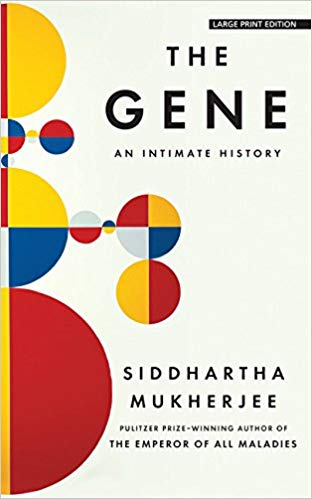
Megan Tooley, Practice Manager, Cardiovascular Roundtable
Having studied biomedical engineering in college, I've long been fascinated by the artful way in which the laws of human genetics and inheritance were discovered. It seems almost improbable that the experiments an Augustinian friar ran on pea plants in the 19th century would one day be considered the foundation of the science of genetics. But, somehow, those experiments discovered the basic rules which still inform our genetic testing and gene-based innovations today.
Siddhartha Mukherjee explores this fascinating history (and much more) in his book, The Gene: An Intimate History. Rather than just retell the sound bites of Mendel and Darwin that we all know, Mukherjee explores the history of genetics at a much deeper level, giving us a more complete picture of the men and women who have advanced this field across hundreds of years—and how society reacted to each finding along the way. Mukherjee deftly combines storytelling with science, taking what could be a very dry and complex topic and making it enjoyable. He also weaves in his own familial history throughout, skillfully reflecting on how his family’s own hereditary conditions have driven his interest in the field.
Perhaps the most important part of the book is his discussion of the implications of genetics on society—both positive and negative. While he heralds the opportunity of genes to advance the treatment of disease, he doesn't shy away from confronting the cases where genetics have historically been used to enable oppression (e.g., eugenics), as well as the potential future moral and societal issues today's innovations will undoubtedly raise. In a world where we actually have headlines of CRISPR babies on the evening news, I think it's an important issue for us all to understand.
Angle of Repose by Wallace Stegner
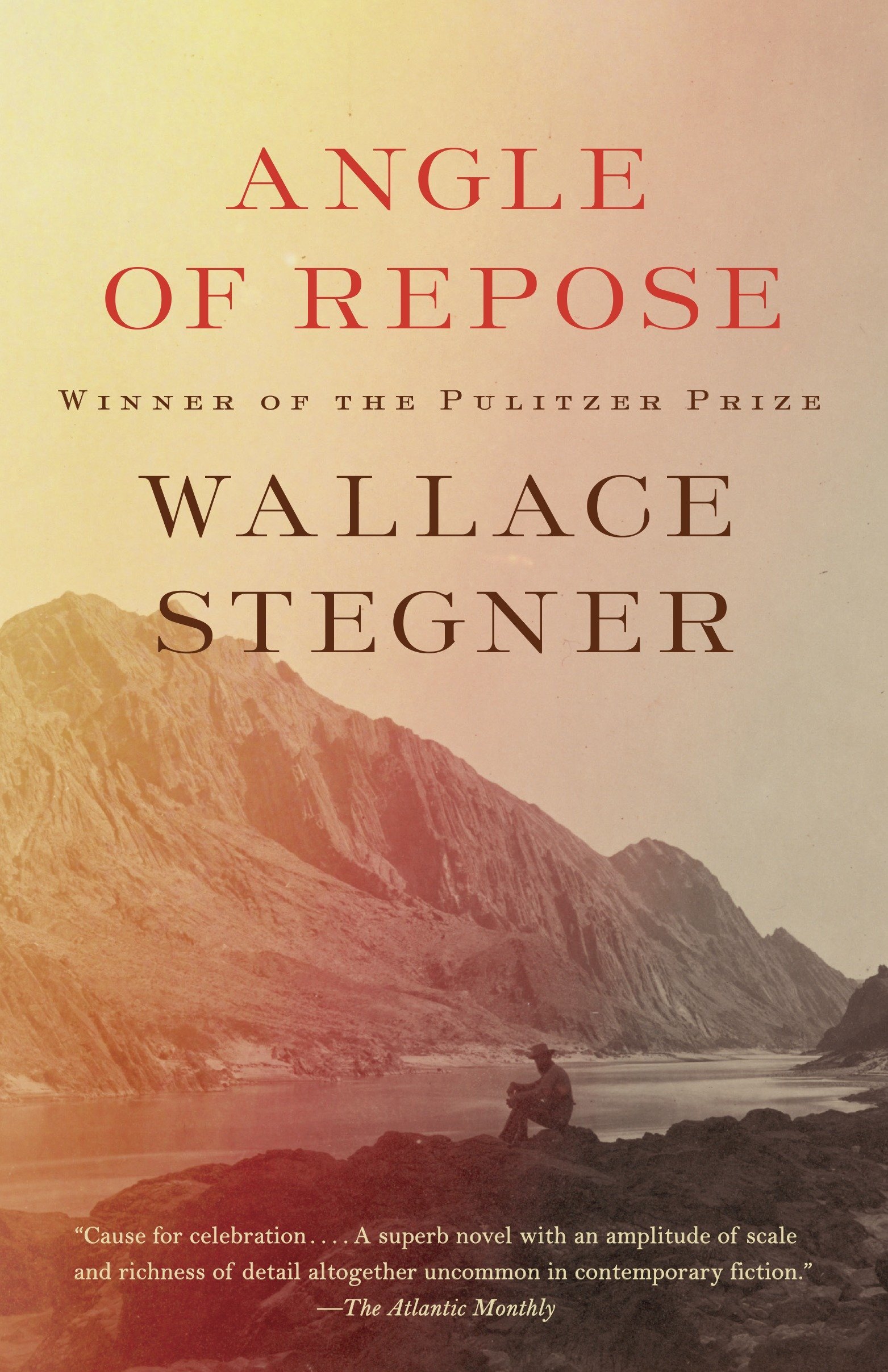
Sarah Schultz, Managing Director, Research Sales
I'm a fiction reader, especially in the summer. I find that when the humidity is heavy, I like my books to be light. My past favorite summer books have been What Alice Forgot (by Liane Moriarty), Do Not Become Alarmed (by Maile Meloy), and Where'd you Go, Bernadette (by Marie Semple). All of these books resonated with me as a 40-something mom, wife, and employee, but if you're any person who has caught themselves thinking some version of "Wait…who am I?" (with a mix of joy, anxiety, or wonder), these books would also be excellent for you.
My absolute favorite fiction read of all time, though (I just finished it for the fourth time), is Wallace Stegner's Pulitzer Prize-winning novel, Angle of Repose. Even the title enthralls me. Do you know it is a geological term? I didn't either until my (now husband) pointed it out to me on our first date—he was a geology major, and I was hooked. He explained it as the steepest angle a pebble can rest on an incline before it goes flying down a hill. Can't we all relate to that?
Make no mistake, this is not a light summer read. In the novel, Lyman Ward, a wheelchair-bound, retired historian, grapples with his own mortality and failed relationships as he simultaneously writes the story of his grandparents' lives on the wild frontier of 19th century America. It is sweeping, sad, generational, hopeful, uniquely structured, and beautifully written. It speaks to me as a rigorous reader, as a flawed person, as an optimistic American. Every time I read it, I learn something new about the characters I have come to love, and a new way their lives and experiences enrich my stage of life. I highly recommend finding a quiet lake, sitting in a comfortable chair, and settling in for the read of your life.
Interactions with the Animal World
Dinner PAWsible by Cathy Alinovi and Susan Thixton
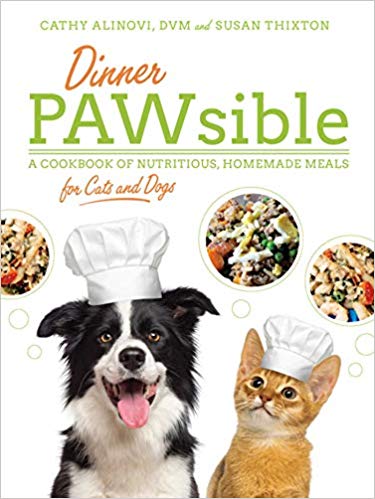
Jim Kane, Senior Director, Talent Development
About eight years ago, I lost my beloved Maine Coon cats. One of them, Cody, became ill and died in one month. I’m convinced he died from kidney failure because of what I had fed him—a "natural" food that could have been tainted with melamine. Since then, healthy animal food has become a personal passion. That's why I want to recommend Dinner PAWsible, a book which helps address the issue of healthy food, prepared by us for our pets. It's veterinarian-recommended and was co-authored by a veterinarian certified in food therapy.
Is your pup or kitty struggling with weight, urinary problems, or cancer? A natural health food diet could be the answer. The authors make a compelling case for why homemade organic food can enhance our pets' lives (and ours as well). They provide formulas and means to manage animal food prep to make it organized and not time-consuming. They actually even make it fun. Ultimately, I think these healthier diets lead to fewer vet costs and ensure longer and healthier lives for those innocents who trust us.
The Feather Thief by Kirk W. Johnson
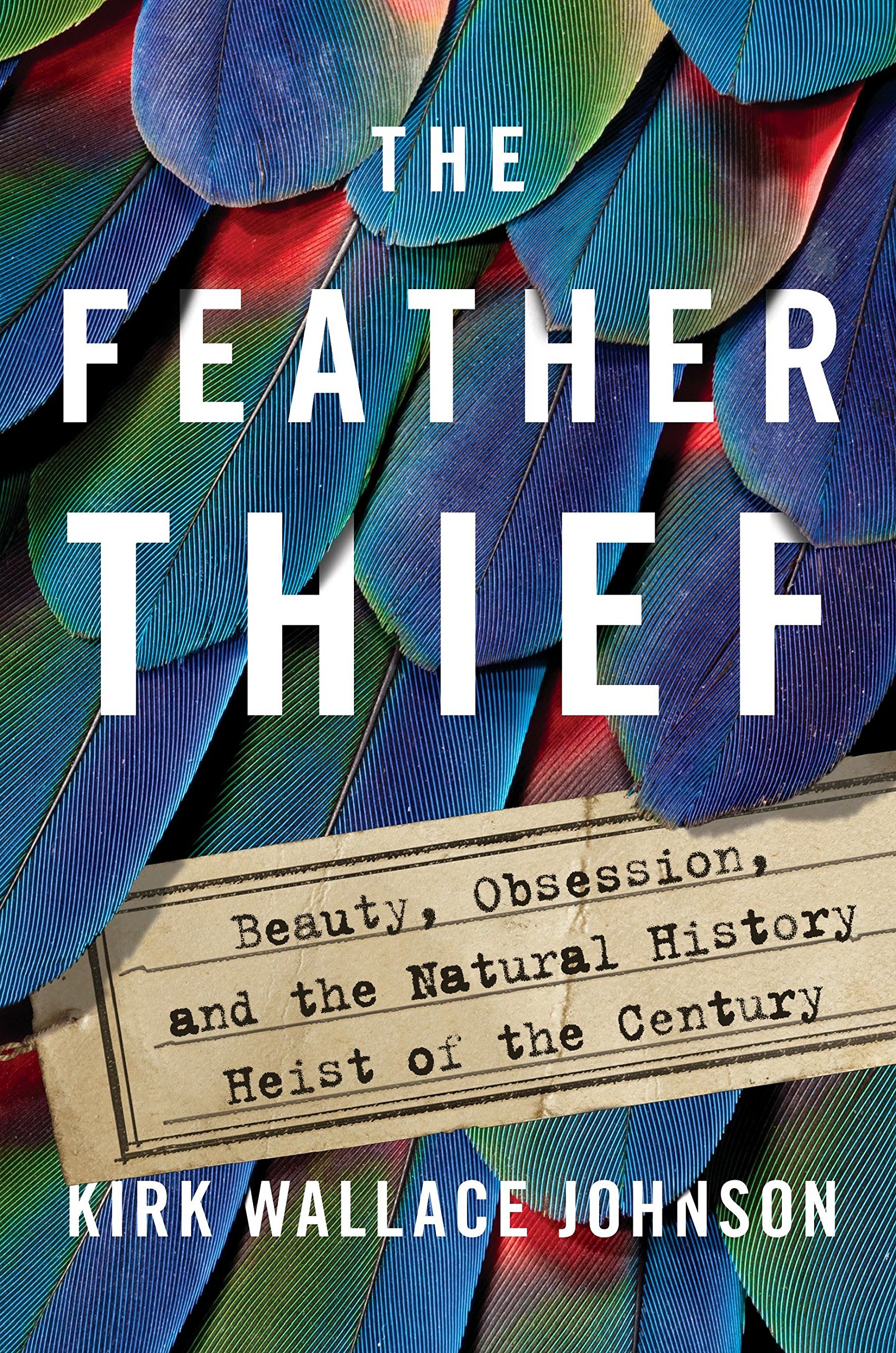
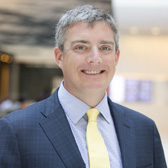
Shay Pratt, Executive Director, Research
Did you know there is an underground market for the feathers of rare, endangered, and extinct birds used by obsessive Victorian salmon fly-tying hobbyists? Well, there is. The core of this book explores an audacious crime—a young concert flautist breaks into the British Museum of Natural History to steal hundreds of bird skins, some collected by Alfred Russell Wallace himself, and sells them online. The true-crime aspect of the book is compelling enough, but The Feather Thief excels in describing both the history of the Victorian-era obsession with feathers and this weird subculture of salmon fly-tying. It's an important entry on the larger theme of human greed's impact on the natural world.
Don't miss out on the latest Advisory Board insights
Create your free account to access 1 resource, including the latest research and webinars.
Want access without creating an account?
You have 1 free members-only resource remaining this month.
1 free members-only resources remaining
1 free members-only resources remaining
You've reached your limit of free insights
Become a member to access all of Advisory Board's resources, events, and experts
Never miss out on the latest innovative health care content tailored to you.
Benefits include:
You've reached your limit of free insights
Become a member to access all of Advisory Board's resources, events, and experts
Never miss out on the latest innovative health care content tailored to you.
Benefits include:
This content is available through your Curated Research partnership with Advisory Board. Click on ‘view this resource’ to read the full piece
Email ask@advisory.com to learn more
Click on ‘Become a Member’ to learn about the benefits of a Full-Access partnership with Advisory Board
Never miss out on the latest innovative health care content tailored to you.
Benefits Include:
This is for members only. Learn more.
Click on ‘Become a Member’ to learn about the benefits of a Full-Access partnership with Advisory Board
Never miss out on the latest innovative health care content tailored to you.
